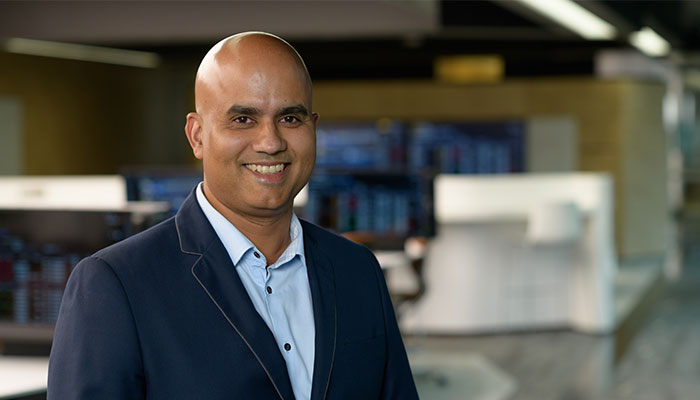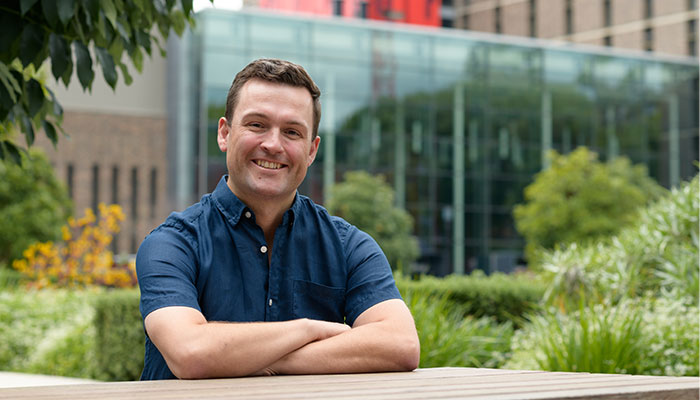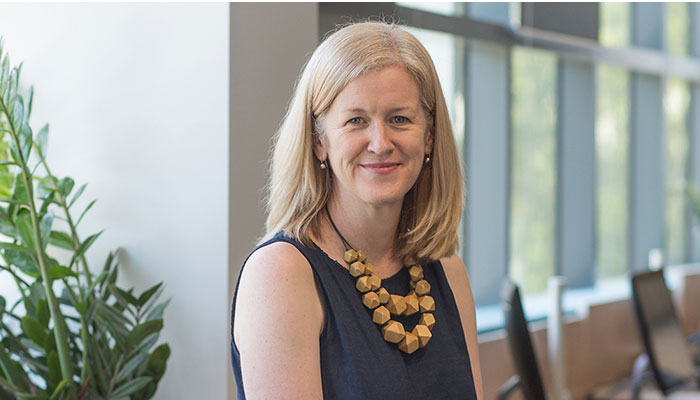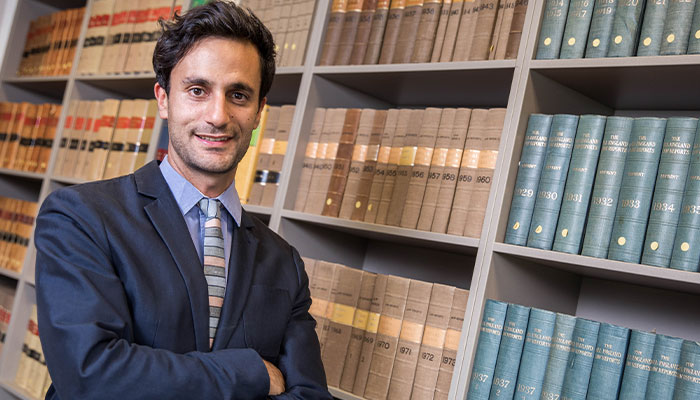
Teacher: Associate Professor Daniel Ghezelbash (pictured), of Macquarie Law School, is a practising refugee and immigration lawyer, specialising in enhancing protections for refugees and the use of technology to build a fairer legal system. Daniel is a Special Counsel at the National Justice Project and the Vice-President and long-time volunteer at Refugee Advice and Casework Services.
Groundwork: Daniel is from an Iranian refugee family – his Jewish mother and Muslim father arrived in Australia by plane on a tourist visa in 1981. His research focuses on comparative refugee and immigration law. He has been a Visiting Fellow at the Refugee Studies Centre at Oxford University and a Visiting Scholar at Harvard Law School, Brooklyn Law School and New York Law School. His interest is in restrictive asylum-seeker policies, the topic of his 2018 book, Refuge Lost: Asylum Law in an Interdependent World.
Gold stars: Daniel is the founder and director of the Macquarie University’s Social Justice Clinic. He won a faculty teaching award in 2019. As part of the latest Australian Research Council’s Discovery Early Career Researcher Award round, Daniel has received $444,851 to identify fairer and more efficient processes for processing asylum claims. He was recently awarded an ABC TOP 5 humanities media residency.
What Daniel says:
Being the child of refugees who made it to safety instilled in me a sense of being the lucky one. I watched, through my youth into high school, extended family members in Iran trying to get to Australia using various means; seeing them taking, as things got harder and stricter, more extreme measures. The last to come, my cousin, who arrived by boat, was in detention for three years in Woomera. That shaped my career direction.
My experience of learning in the Australian public school system was mostly positive. In Year 3 my parents were told Iranian students were unlikely to excel academically. But then I had a Year 4 teacher who really believed in me and helped me rise to the challenge.
At university, I harboured grand plans for brokering peace in the Middle East! I come from a mixed Jewish/Muslim background which I thought uniquely placed me to try … there was very quickly a reality check as to what is possible and not possible in that space. I still grapple with whether to come down on the side of massive structural change and big ideas or being effective at the micro level of the individual.
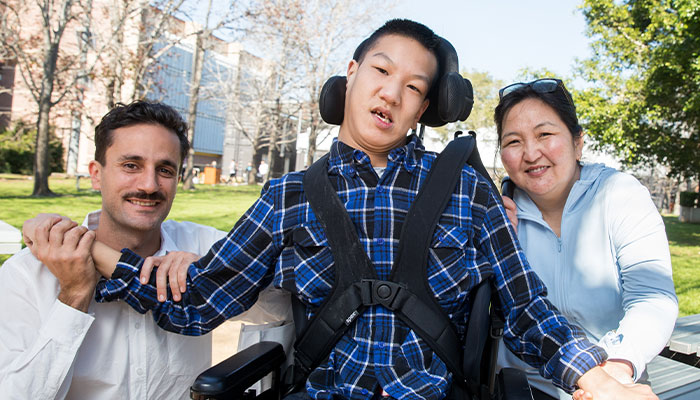
Real-world cases: Dr Ghezelbash with Badmaa and her disabled son Jaki, who was granted a visa with the help of Dr Ghezelbash through Macquarie's Social Justice Clinic.
A key motivation for going into academia was working in the refugee space. I was acutely aware that there were limited funded jobs for refugee lawyers and a lot of talented people capable of doing them. Harnessing the power and enthusiasm of students to add capacity to the sector is what drives the Social Justice Clinic I founded at Macquarie.
The central ethos of my teaching is that students are all capable of incredible things if you equip them with the right environment and the right tools. The students of 2022 are making a difference right here and now. It’s not a future thing.
Just working in the Social Justice Clinic as part of their law course at Macquarie makes a difference. Students working with Refugee Advice and Casework Services have helped deliver life-changing immigration advice to hundreds of asylum seekers. Students working with the National Justice Project have contributed to high-profile strategic litigation wins including evacuating children and refugees needing medical attention from Nauru and Manus Island and stopping the Government taking mobile phones from detainees.
We frontload training in dealing with vicarious trauma and have weekly debriefs where we encourage students to open up about how they are coping.
Our students are also building transformative legal technology to increase access to justice. The TECH4JUSTICE Lab is developing chat bots to automate complaints-making at the Australian Human Rights Commission. Those working at Wallumatta Legal, a new not-for-profit family law firm on campus, are designing tech that has the potential to revolutionise the way family law assistance is delivered. If they can do that now, as university students, the sky’s the limit in the real world.
Covid has been very challenging. Some students work on distressing cases, so the most important – and tricky – thing has been maintaining adequate supervision and debriefing, to make sure everyone is dealing with the work okay, because that’s harder to gauge when they’re working by themselves at home. We frontload training in dealing with vicarious trauma and have weekly debriefs where we encourage students to open up about how they are coping.
Most of the content delivery is old school – us chatting on Zoom! The Clinic’s learning model is all based around reflective practice and reflective learning and that carries through into the class. My main role in the class is to chat with students and make sure they’re being deliberate and conscious in learning from their practical experiences.
An upside of Covid? The willingness of high-profile speakers to join our classes as guest lecturers via Zoom. This would not have been possible on campus. I hope to keep those remote contributions when we go back to face-to-face learning.
I would like my students to view me as a friend to stay in touch with, as someone who can embed them in a network of social justice lawyers.

